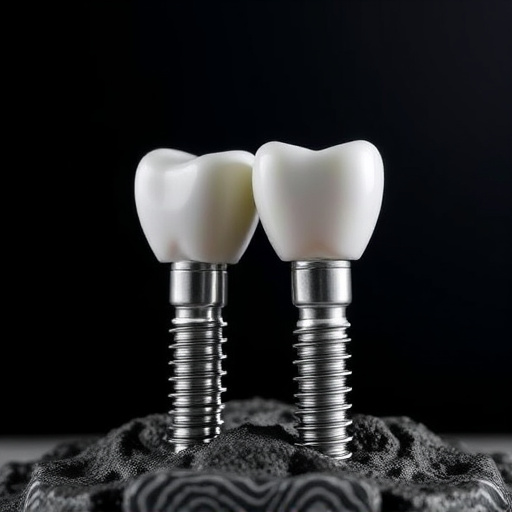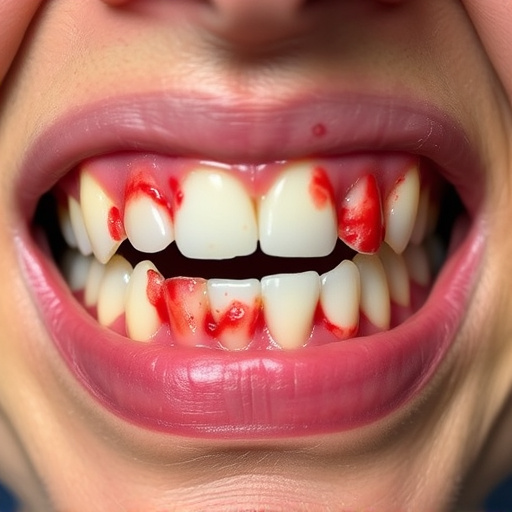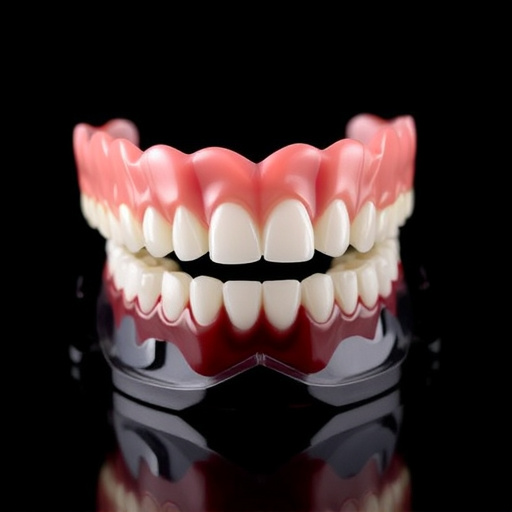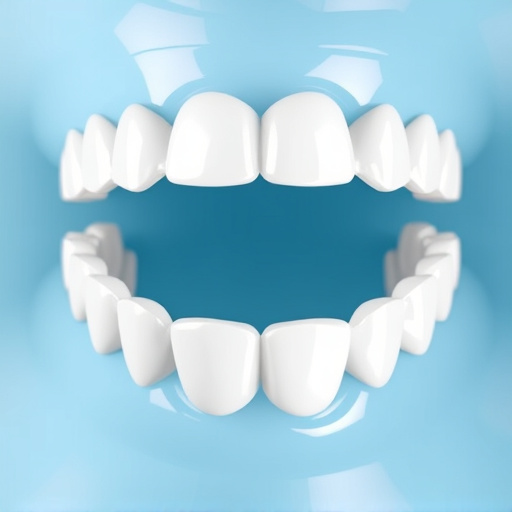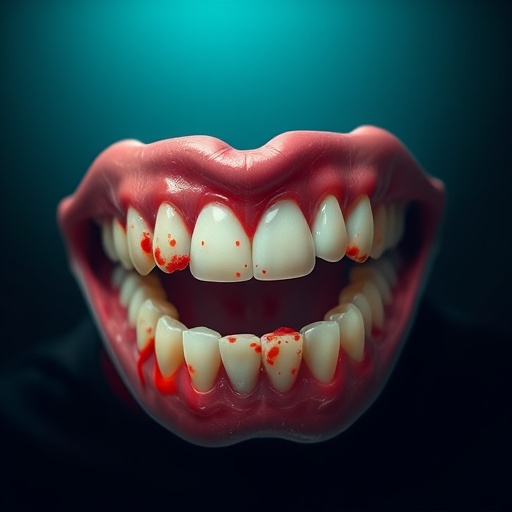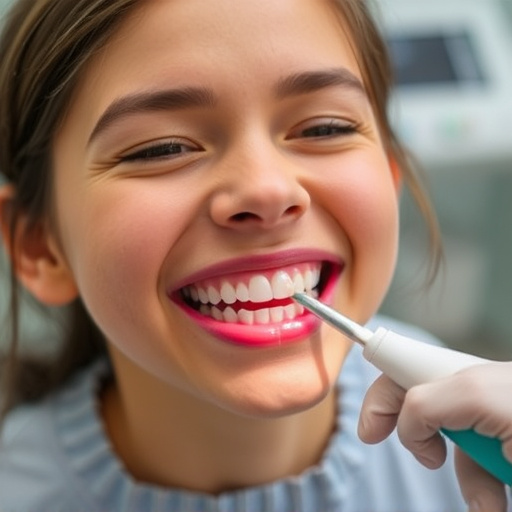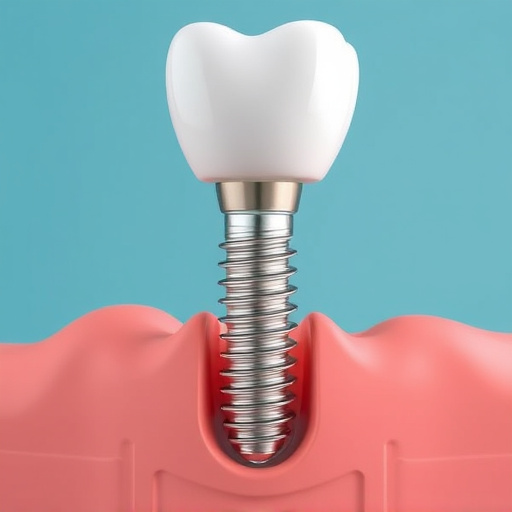Teeth grinding (bruxism) can cause dental erosion and sensitivity. Treatments include mouth guards for sleep protection, behavioral therapies for stress management, and cosmetic procedures to restore damaged teeth. Early intervention through proper oral care and addressing bruxism symptoms is crucial, especially in children's dentistry. Customized mouthguards protect teeth from erosion, and dental fillings repair minor damage.
Teeth grinding, or bruxism, is a common yet often overlooked habit that can lead to significant dental issues. This article explores how understanding and addressing teeth grinding through targeted treatments can effectively prevent dental erosion. By delving into the impact of this condition and presenting evidence-based strategies, we aim to highlight the importance of teeth grinding treatment in maintaining long-term oral health and preserving your smile.
- Understanding Teeth Grinding and Its Impact
- The Role of Teeth Grinding Treatment in Erosion Prevention
- Effective Strategies for Long-Term Dental Health
Understanding Teeth Grinding and Its Impact
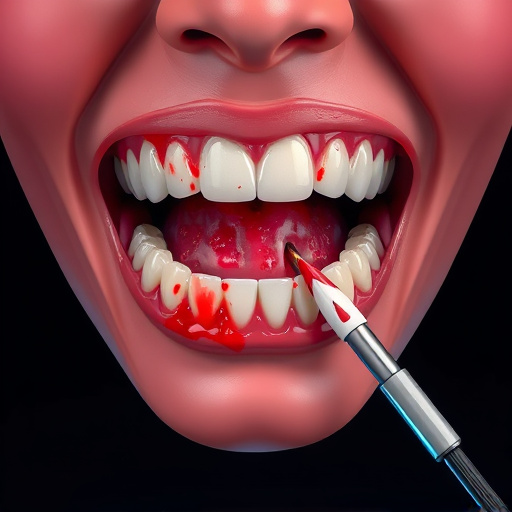
Teeth grinding, also known as bruxism, is a common dental condition characterized by the repetitive clenching or grinding of teeth. This often occurs during sleep but can also happen during the day. While it might seem like an harmless habit, teeth grinding treatment is crucial in preventing dental erosion, a serious side effect that can lead to tooth damage and sensitivity. The force exerted while grinding teeth can wear away the protective enamel layer, exposing the softer inner layers of the teeth, making them more susceptible to decay and breakage.
Understanding the root causes of teeth grinding is essential in addressing the issue effectively. Stress, anxiety, sleep disorders, or certain medical conditions could contribute to this behavior. General dentistry often recommends various treatment options like mouth guards to protect teeth during sleep, behavioral therapy to manage stress, and in some cases, cosmetic or preventive dentistry procedures may be suggested to restore damaged teeth and prevent further erosion.
The Role of Teeth Grinding Treatment in Erosion Prevention
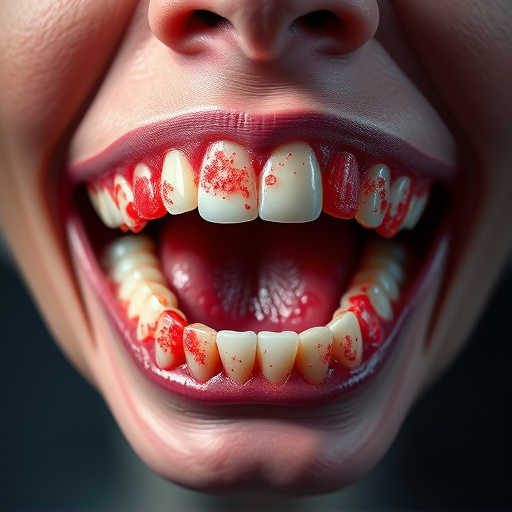
Teeth grinding treatment plays a pivotal role in preventing dental erosion, a common yet damaging condition that occurs when the enamel protecting our teeth wears down over time. This treatment addresses the root cause of erosion: chronic teeth grinding or bruxism. During sleep or throughout the day, persistent grinding can lead to rapid deterioration of tooth structures, exposing dentin and making teeth sensitive and susceptible to decay.
Effective teeth grinding treatment intervenes through various methods like occlusal guards (mouthguards) that protect teeth during sleep, reducing wear. In some cases, cosmetic fillings or dental implants may be recommended to repair damage from erosion and restore functionality. These solutions not only alleviate discomfort but also serve as a long-term strategy to safeguard oral health, preserving the natural beauty of smiles through preventative care.
Effective Strategies for Long-Term Dental Health
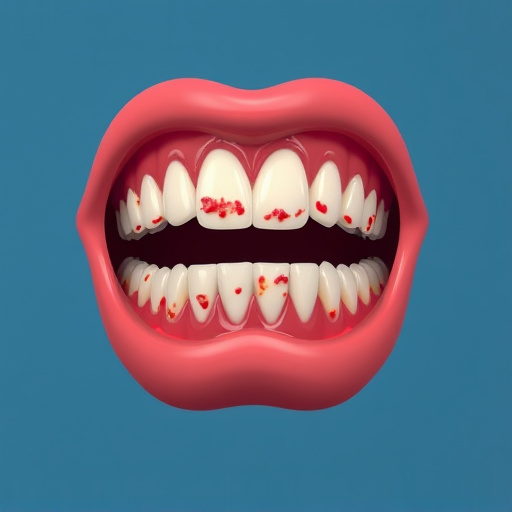
A comprehensive approach to maintaining long-term dental health involves a combination of preventive measures and proactive treatment. For individuals struggling with teeth grinding (bruxism), addressing this habit is a crucial step in preserving tooth structure and minimizing dental erosion. Effective strategies include incorporating regular oral hygiene practices, such as twice-daily brushing and flossing, into daily routines. Using a soft-bristled toothbrush and fluoride toothpaste can further protect teeth from decay and sensitivity.
Beyond these foundational steps, seeking professional guidance is essential. Cosmetic dentistry offers various solutions tailored to individual needs, including customized mouthguards to mitigate the effects of teeth grinding. For children’s dentistry, early intervention is key; parents play a vital role in teaching proper oral care habits and addressing bruxism symptoms promptly. In some cases, dental fillings may be recommended to repair minor chips or fractures caused by grinding, preventing further erosion and enhancing overall dental aesthetics, especially in children’s dentistry.
Teeth grinding treatment plays a pivotal role in preventing dental erosion by addressing the root causes behind this destructive behavior. By employing strategies like stress management, customized mouthguards, and behavioral modifications, individuals can significantly reduce tooth wear over time. Integrating these effective long-term dental health practices ensures a robust defense against erosion, promoting overall oral well-being.






